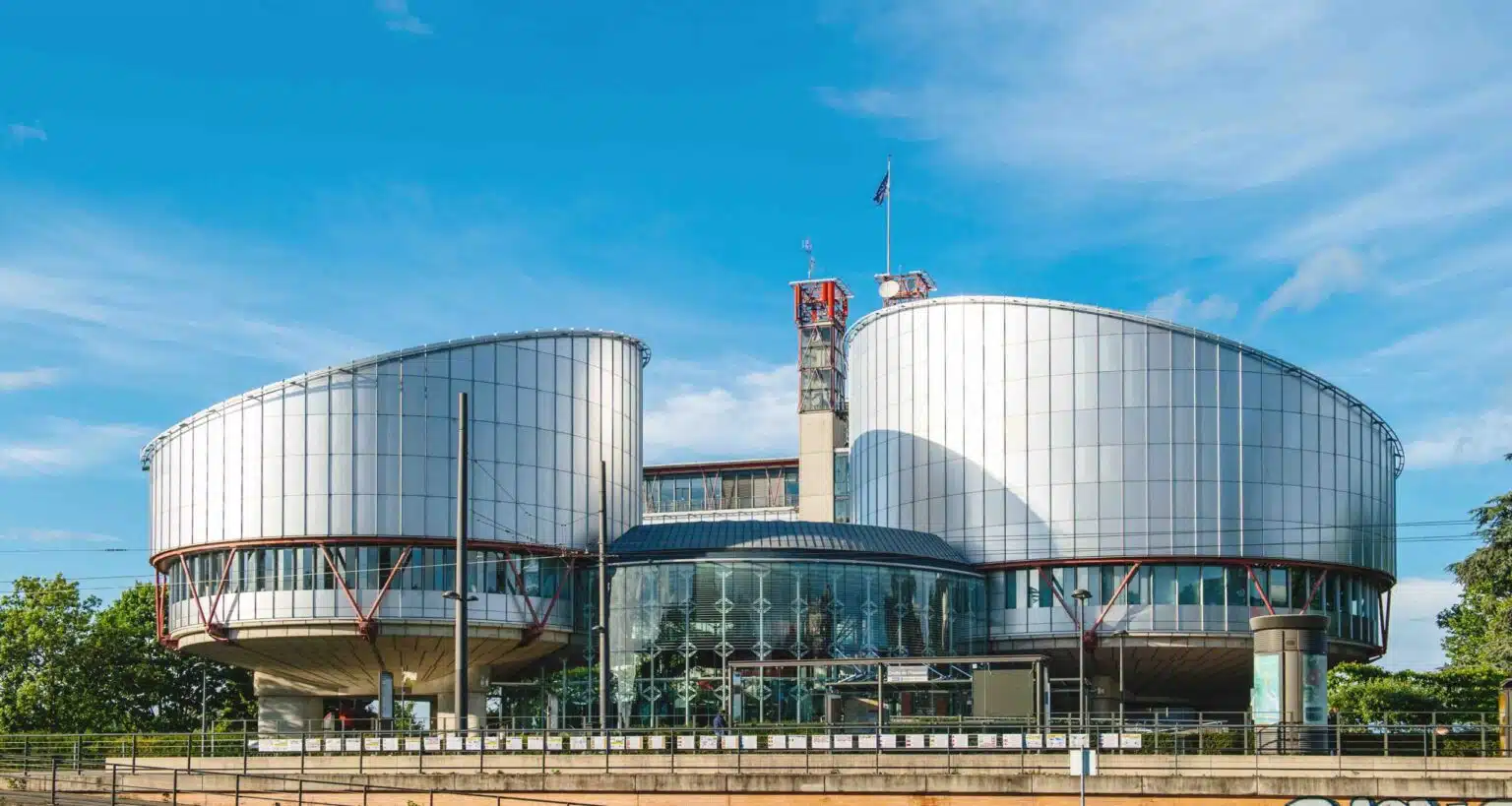An Algerian was placed in administrative detention for security concerns before being returned to Algeria, which did not violate the Convention. There were no violations of Article 5 § 1 (f) and § 4 (right to liberty and security/right to a speedy review of the lawfulness of detention) of the European Convention on Human Rights, nor were there any violations of Article 3 (prohibition of inhuman or degrading treatment).
Rome: The seven bench judges of the chamber presided by Arnfinn Bårdsen adjudicated application no. 43966/19 N.M. v. Belgium filed by the Affaire N. M on 14 August 2019. The applicant invoked the benefit of Article(s) 3 and 5 of the convention.

The European Court of Human Rights has upheld the detention of an Algerian national in Belgium who was held in a closed centre for aliens for 31 months pending his removal from the country. The court unanimously found that there had been no violation of the European Convention on Human Rights Article 5 § 1 (f) and § 4, which protect the right to liberty and security and the right to a speedy review of the lawfulness of detention. The court also found that there was no violation of Article 3, which prohibits inhuman or degrading treatment.
The Algerian’s detention was justified by national security
The applicant, an Algerian national, had been sentenced by an Algerian court to 30 months imprisonment in 1993 for “procuring equipment for criminal ends and raising funds for the Islamic Salvation Front”, a party of which he was a member in the 1990s. After his release, he left Algeria for Europe and lodged several unsuccessful applications for international protection, including in Belgium. The Belgian authorities issued him with several expulsion orders, including one in 2017 which was accompanied by a detention order with a view to removal and a ban on re-entering the country.

The applicant’s detention was justified on the grounds of his dangerousness and to protect public order and national security, which were reinforced by his conviction in 2018 for membership in a terrorist group. The court noted that the Belgian authorities had consistently sought the applicant’s removal to Algeria and had reassessed the risk he might face there. It held that his detention came within the scope of Article 5 of the Convention and that the duration of his detention had not exceeded the reasonable time required to achieve the aim pursued by the Belgian authorities, namely the applicant’s removal to Algeria.
ECHR upholds Algerian’s detention under Article 5
The court found that the applicant’s initial detention and his continued detention came within the scope of Article 5 § 1 (f). It noted that his situation could not be compared to that of other asylum seekers who were particularly vulnerable and for whom the need to consider alternatives to detention had been stressed by the court.

The court held that the Belgian authorities could not be criticized for not opting for alternatives to detention and that the applicant had been able to access medical care and psychological support services offered to him
Lengthy detention justified by diligence of Belgian authorities
The court acknowledged that the applicant’s administrative detention had been particularly lengthy, but it noted that the Belgian authorities had acted with the requisite diligence concerning the expulsion proceedings.
The court found that the examination of the applicant’s third asylum application had been particularly complex and had entailed assessing the risks he faced in Algeria. It also noted that the case involved important considerations regarding the maintenance of public order and public safety. Given the real risk that the applicant posed a danger and his previous criminal convictions, the court did not question the domestic authorities’ assessment, which did not appear arbitrary or manifestly unreasonable.
Court dismisses claims of inhuman treatment
The court held that the applicant had not been subjected to treatment contrary to Article 3 of the Convention during his detention in partial isolation in the Vottem closed centre. The applicant had complained of the small size of his cell, the lack of outdoor exercise, and the absence of meaningful activities. The court found that the conditions of his detention had not reached the threshold of severity required to constitute inhuman or degrading treatment.













